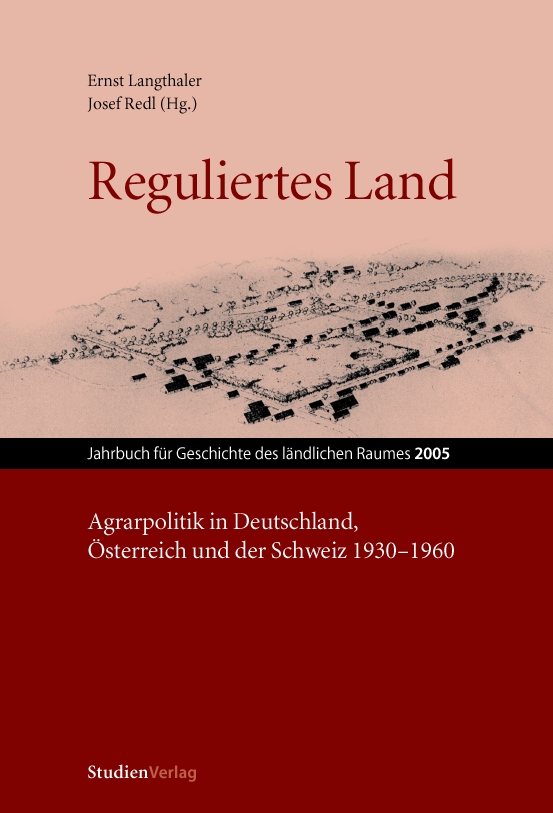NS-Agrarpolitik vor Ort
Das Fallbeispiel Niedersachsen 1933–1945
DOI:
https://doi.org/10.25365/rhy-2005-5Abstract
On the coal face, National Socialist agrarian policies were guided by the economic requirements of the National Socialist regime and implemented within the framework of its quest for self-sufficiency, the preparations for war, the ability to conduct war, as well as agricultural interests. The latter were however continuously pushed into the back- ground, particularly in wartime. On the other hand, whenever sections of agrarian law were ideologically motivated, especially in the case of the Reichserbhofgesetz, these played a subordinate role in local government already from 1933 onwards, and not only after 1936, when sections of the law were rescinded by the National Socialist regime consequentially to direct preparations for war. Seen in this light, emphasis should be placed on the definitive break that occurred during the Second World War, when a system of ever increasing sanctions and repressions, accompanied by the shortage of workers and means of production, aggravated the farmer’s plight. Here a more rigorous approach by the Reichsnährstand authorities became apparent. The driving force behind the local implementation of National Socialist agrarian policies, were leading farmers of village or district.


